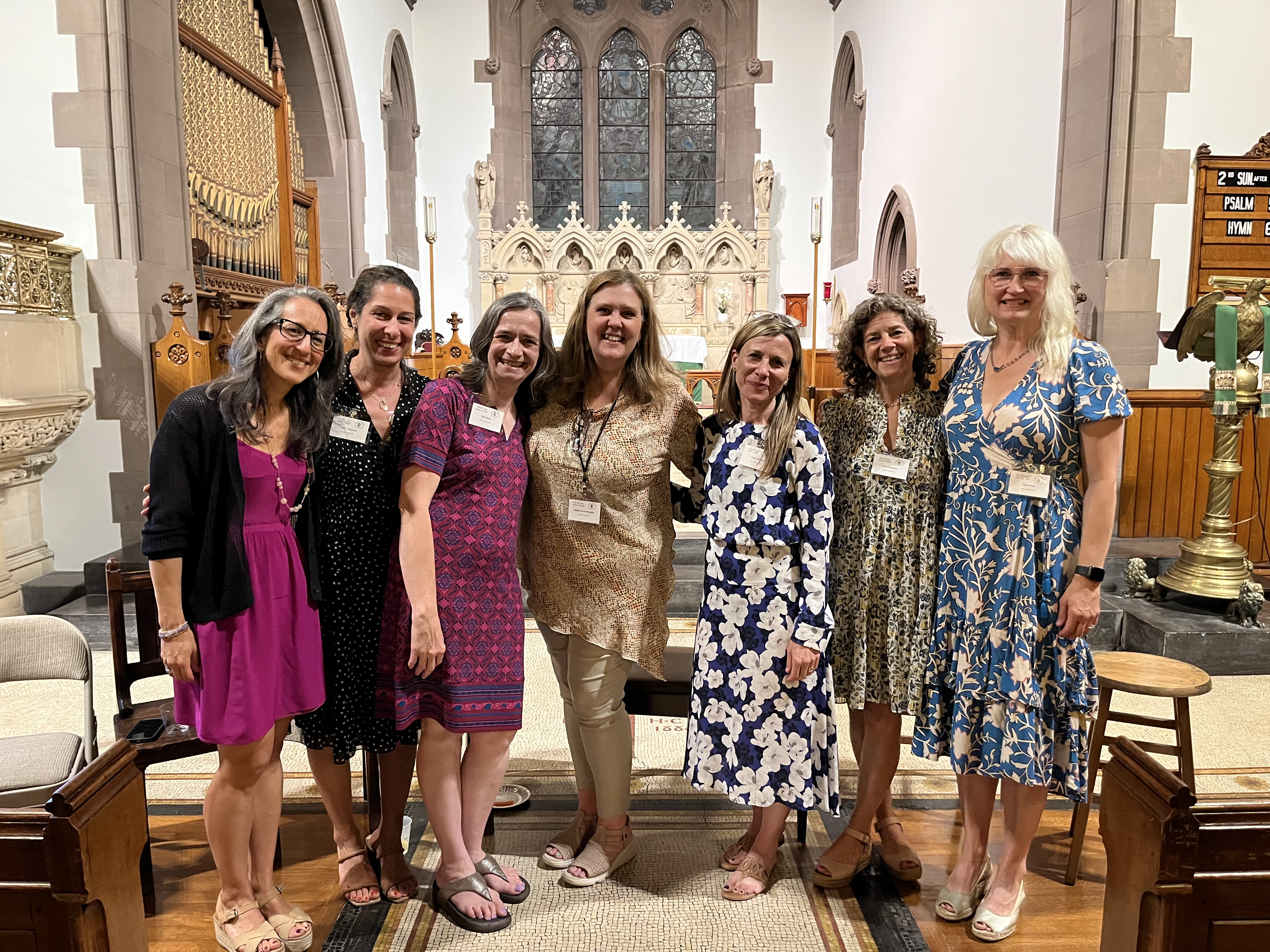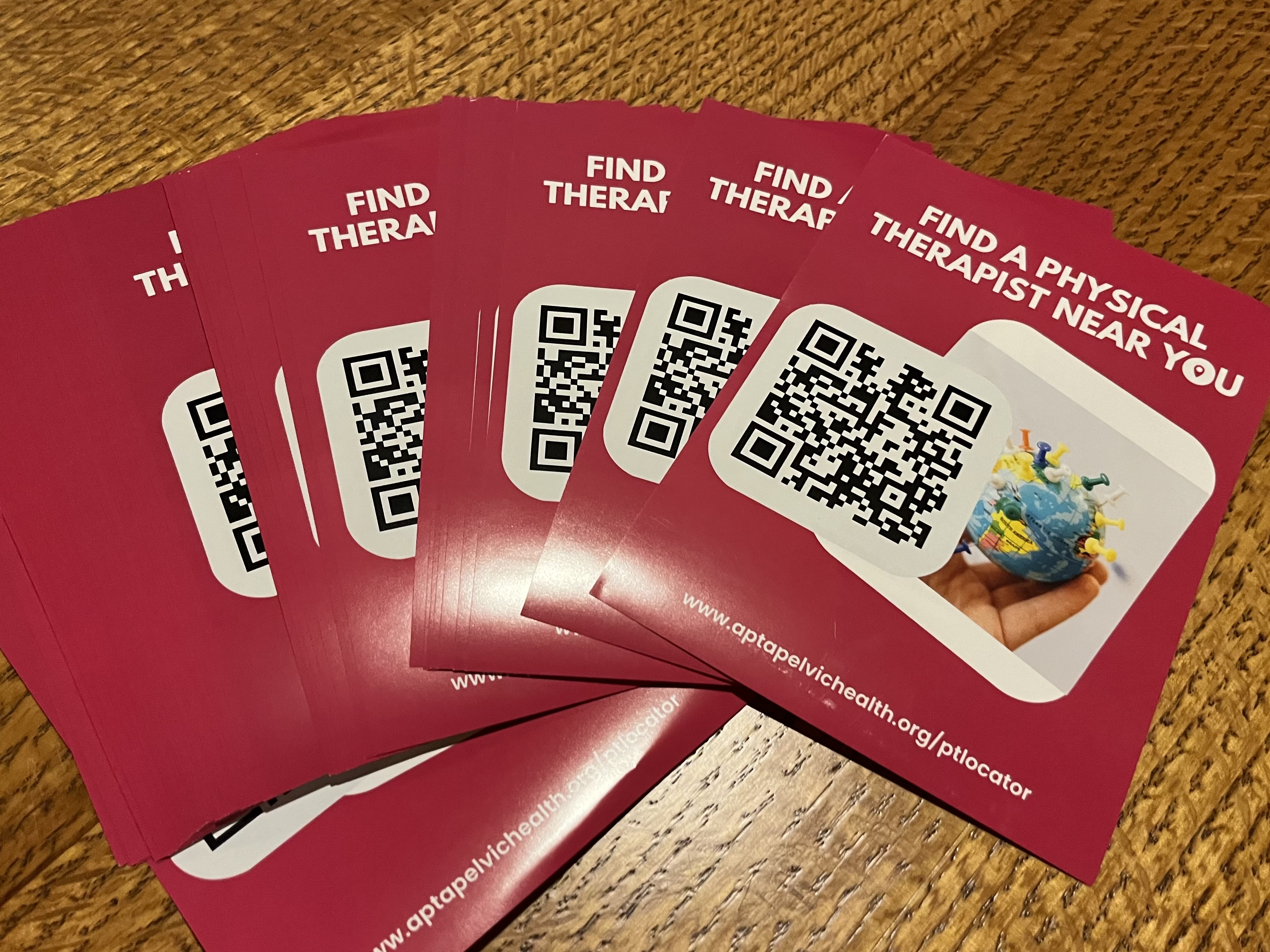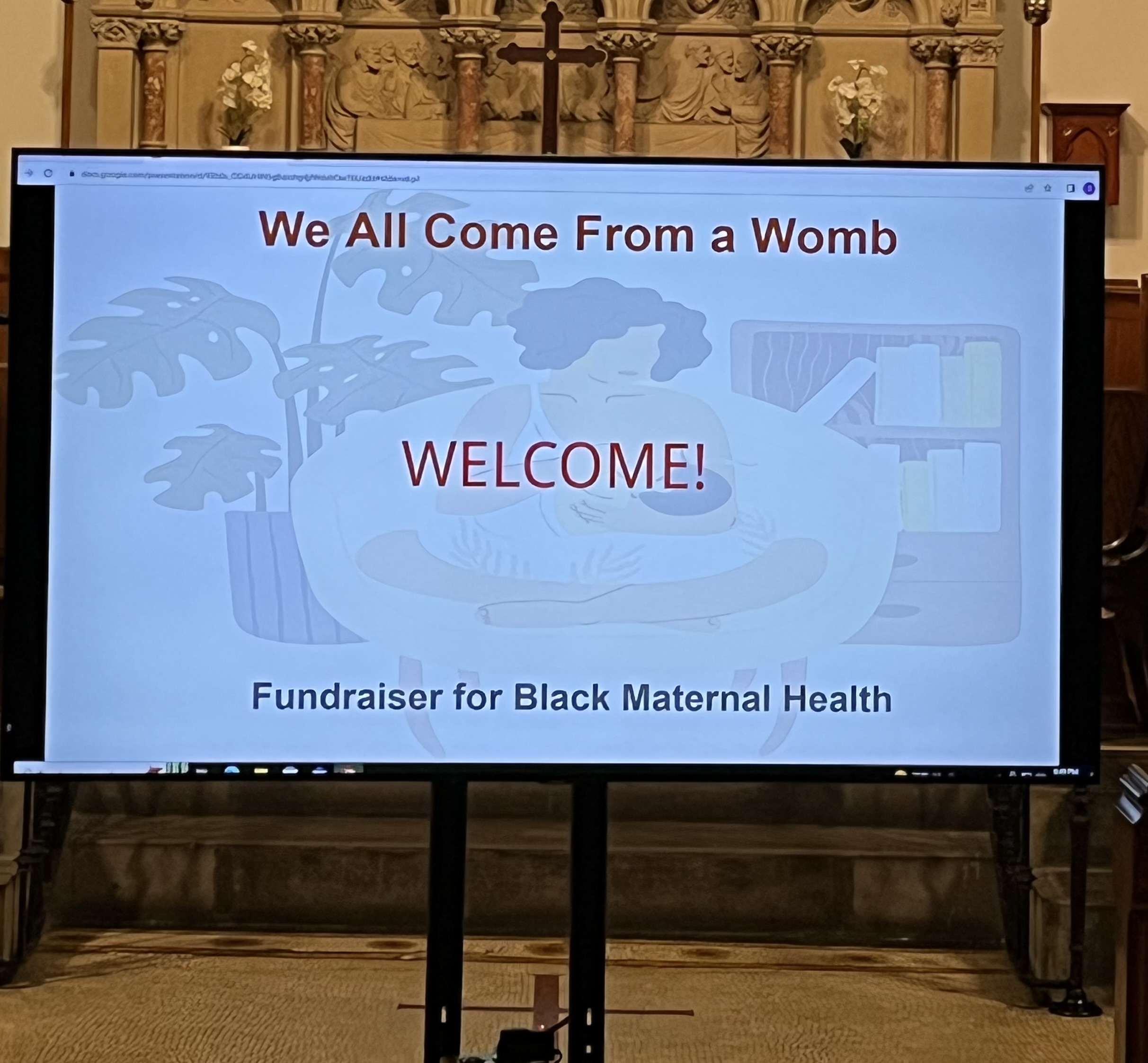Pelvic Health PT's Must Take Part in Ending the Black Maternal Health Crisis!

Back in April, for Black Maternal Health Week, our local organization, the Hudson Valley Birth Network- a group of birth professionals including Physical Therapists, Midwives, Doulas, Mental Health practitioners and other specialists- screened the powerful documentary “Aftershock”. Many of us were so struck by what we saw that we decided to gather in our community to take action to help end this crisis, one that thankfully seems to be gaining more recognition as of late but really has not been given the attention and funds it warrants.
The sad fact is that the US is one of the most dangerous places to give birth compared to other developed countries, and Black and Brown birthing people are dying at 3 to 4 times the rate of their white counterparts. We need to focus on the racial and gender bias in our medical system by raising awareness of the lived experiences of the families directly impacted by this maternal health crisis.
This compelling film weaves the narratives of two women who died due to preventable complications of pregnancy and childbirth in New York City.
In October 2019, 30-year-old Shamony Gibson died 13 days after the birth of her son. Two months later, the Aftershock team began documenting Shamony's mother, Shawnee Benton Gibson, and her surviving partner, Omari Maynard. They began to unpack what had happened and how they could begin to move forward and help others prevent this type of tragedy from occurring again.
In April 2020, 26-year-old Amber Rose Isaac, died due to an undiagnosed form of eclampsia after an emergency c-section. Soon after, Omari reached out to Amber's partner Bruce McIntyre and a strong bond was formed. Together, Omari and Bruce began the fight for justice for their partners with their families and community by their side, while caring for their children as newly single parents.
Both tragedies could have been prevented. As discussed in the film, both Amber Rose Isaac and Shamony Gibson were denied adequate medical care and their concerns were not taken seriously by medical providers. Both women had access to prenatal care, family and community support and took excellent care of themselves. So, why did this happen?
The film follows these two families who become powerful activists, seeking justice through legal, medical, and community avenues. We see the power of art and advocacy in grief and in recovery. Along the way, we meet an unfortunate growing brotherhood of surviving Black fathers and the health care professionals on the ground fighting for systemic change.
It’s time for us PTs to join the movement, led by birth workers and birthing people, to ensure that every pregnant person has access to the prenatal and postpartum care they need.
Given all this powerful evidence and the power of the story, the midwives, doulas and families fighting for change are engaged in a movement to create more options for Black and Brown families. One of the doulas featured in the film, Myla Flores, is working on this with her traveling “Womb Bus” and the creation of the Birthing Place.
The Birthing Place will expand the very limited options available for parents who seek safe alternatives to hospital births. The birth center will be located in the Bronx, and easily accessible from key neighborhoods heavily impacted by limited quality healthcare.
I was thrilled to be part of a local group of Women’s Health specialists that organized a fundraising event on June 15th and raised almost $10k for this center.
Around the world, birth is typically viewed as a normal biological process rather than a medical intervention as it is in the US, and birth centers are much more commonly used outside the US. Giving birth in a hospital is, of course, a valuable option, but it can often be highly interventionist, center the medical provider more than the patient, and adhere strongly to protocols that are not always individualized, or even evidence based.
Most pregnancy-related deaths in the United States are preventable. There are advocates fighting at the local, state, and federal level to pass legislation that will holistically address the maternal health crisis in our country and end maternal mortality. But they need specialists and constituents like us to put pressure on elected officials to make it a priority and bring about systemic change.



About the Author
Dr. Melissa Keras-Donaghy (PT, DPT)
Dr. Keras-Donaghy (she/her) has over 33 years of experience and specializes in all aspects of pelvic floor dysfunction including pelvic pain- treating all genders and age groups- urinary incontinence and fecal incontinence, post-surgical treatment, prenatal and postpartum pain and dysfunction, post-mastectomy and breast cancer rehabilitation. She is a Certified Lymphatic Therapist treating all aspects of Lymphedema including upper extremity, trunk and lower extremity lymphedema. She is also the New York State Representative for the Academy of Pelvic Health for the American Physical Therapy Association (APTA).


